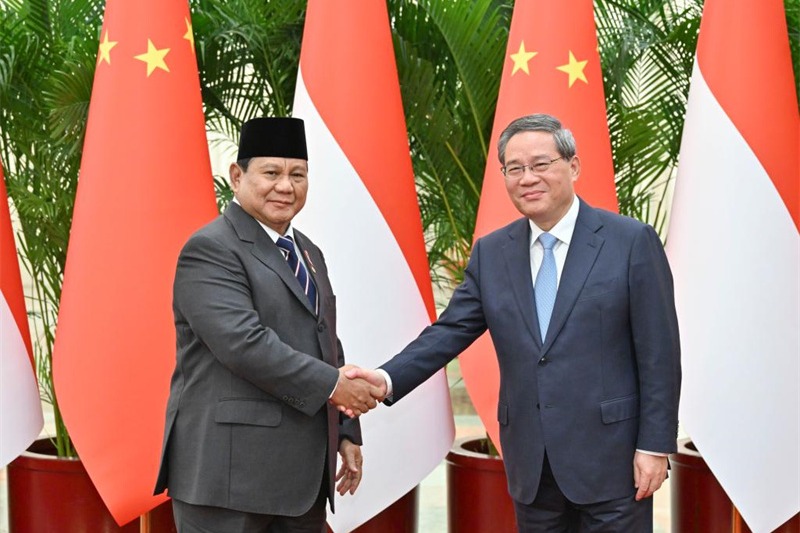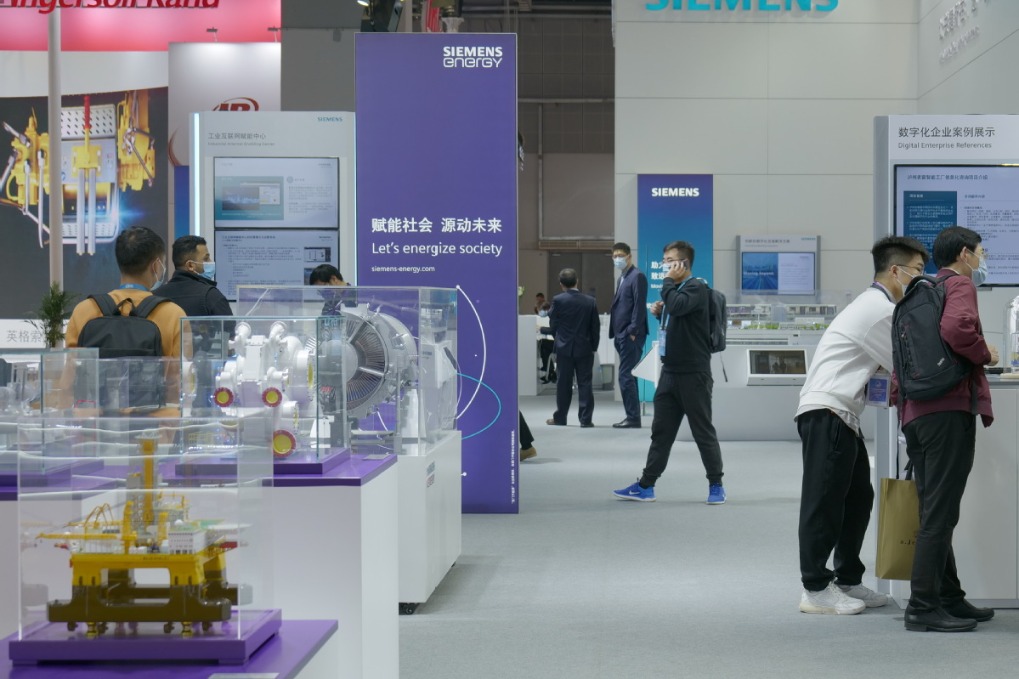Tencent to strengthen position in AI, other tech

Maintaining a leading position in China's online social platform and online gaming sector, internet giant Tencent hopes to strengthen its competitive position in other areas, such as payment services, AI technologies and smart retail.
The Hong Kong-listed company is looking to plow more money into digital payment technology this year and beef up its presence in the Hong Kong market. Tencent's WeChat Pay, one of the Chinese mainland's two biggest mobile payment platforms, made inroads into Hong Kong last year and led a money-burning payment war with aggressive marketing and generous coupon offerings to vie for a slice of the cash-dominated market.
Martin Lau, president of Tencent, said at a media briefing in Hong Kong on Wednesday that the company bets big on a faster payment system slated to be rolled out in Hong Kong by the Hong Kong Monetary Authority in September. The upcoming system will link banks and third-party payment platforms, allowing the free flow of capital between bank accounts and the Hong Kong-version of WeChat Pay's digital wallet.
"We will continue to deploy our smart retail strategy to empower offline retailers by leveraging our technology services; use case scenarios for payment related services to accelerate merchant and user adoption; invest in AI technologies for applications, such as advertisement targeting, recommendation algorithms, and healthcare," Pony Ma Hua-teng, Tencent's chief executive, said on Wednesday.?
For its major business sectors - online social platforms and online games - Lau said the opportunities do not lie in the growth of new users, but in the broadening of its service offerings.
"Our social platform has covered almost everyone in the country. It's difficult for us to strive for new user growth, but as a platform, we still have lots of opportunities. We encourage users to share content to make it an information platform, and we can make it a payment platform by adding payment tools. For online games, we will further improve the in-game player interactions so as to prolong the life cycle of the games," Lau added.
Speaking of media reports regarding parents' complaints about serious addiction among the young people to Tencent's online games, Ma said the company has done a lot of work to limit play time for some mobile game-addicted young users.
"Users below the age of 12 are limited to one hour of play time each day and they are also banned from logging in after 9 pm," he said.
All of these efforts make Tencent a role model in terms of preventing young users' indulgence in online games for the country's gaming industry, and are conducive to the sustainable growth of the gaming sector, Ma noted.
Healthy earnings from games, payment-related services, digital content subscriptions and sales and social and video advertising brought internet giant Tencent a 75 percent increase in earnings attributable to shareholders to 71.51 billion yuan ($11.3 billion), in line with market expectations.
Revenue grew to 237.76 billion yuan for last year, up 56 percent compared with 2016. Operating profit grew 61 percent while operating margin was 38 percent, up one percentage point from the previous year. Free cash flow grew 70 percent.
A final dividend of 88 HK cents per share was recommended for the year, up from 61 cents for 2016.
Shares of Tencent edged down by 0.86 percent to HK$462.6 per share, while the benchmark Hang Seng Index remained flat at 31,414.52 points.




































